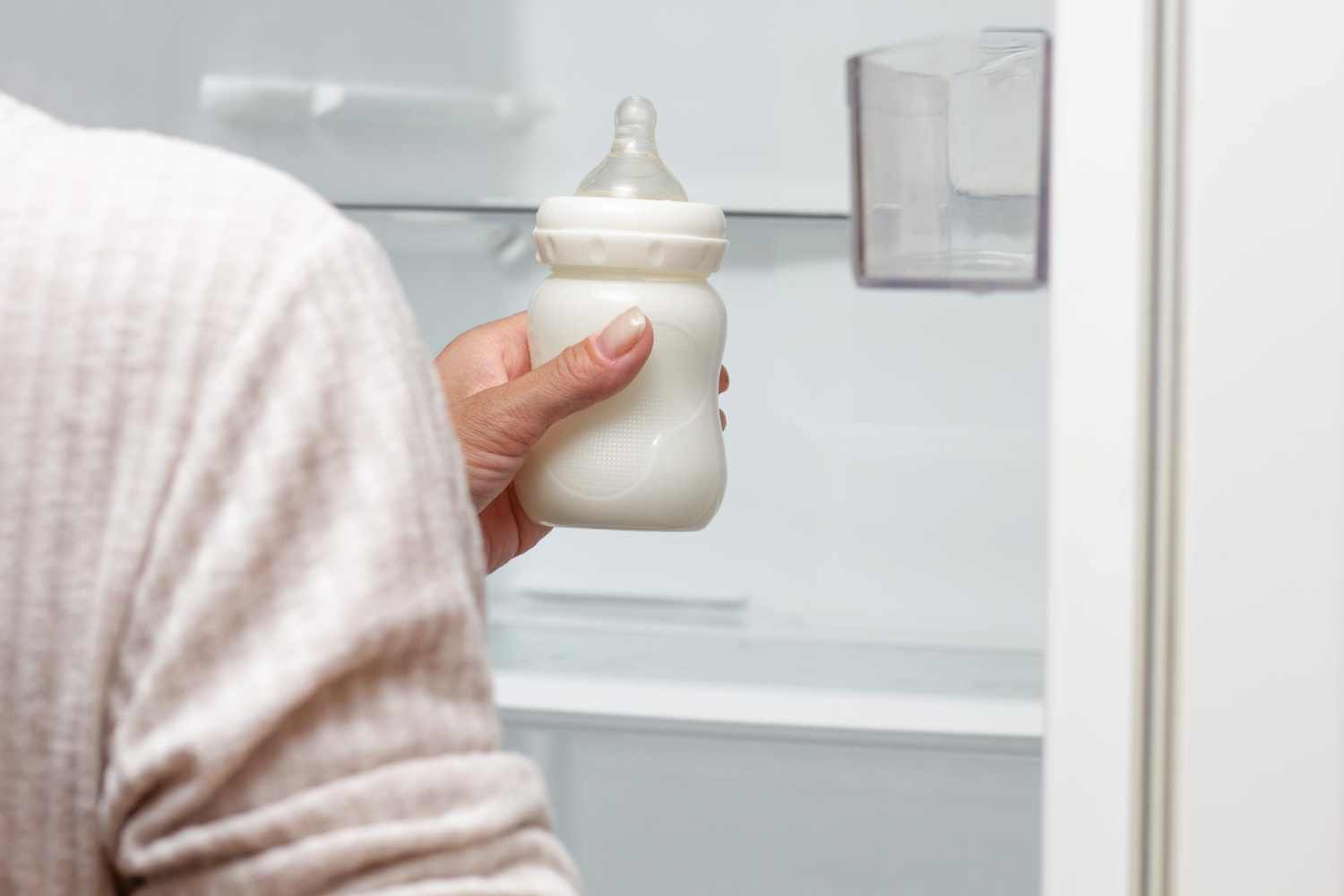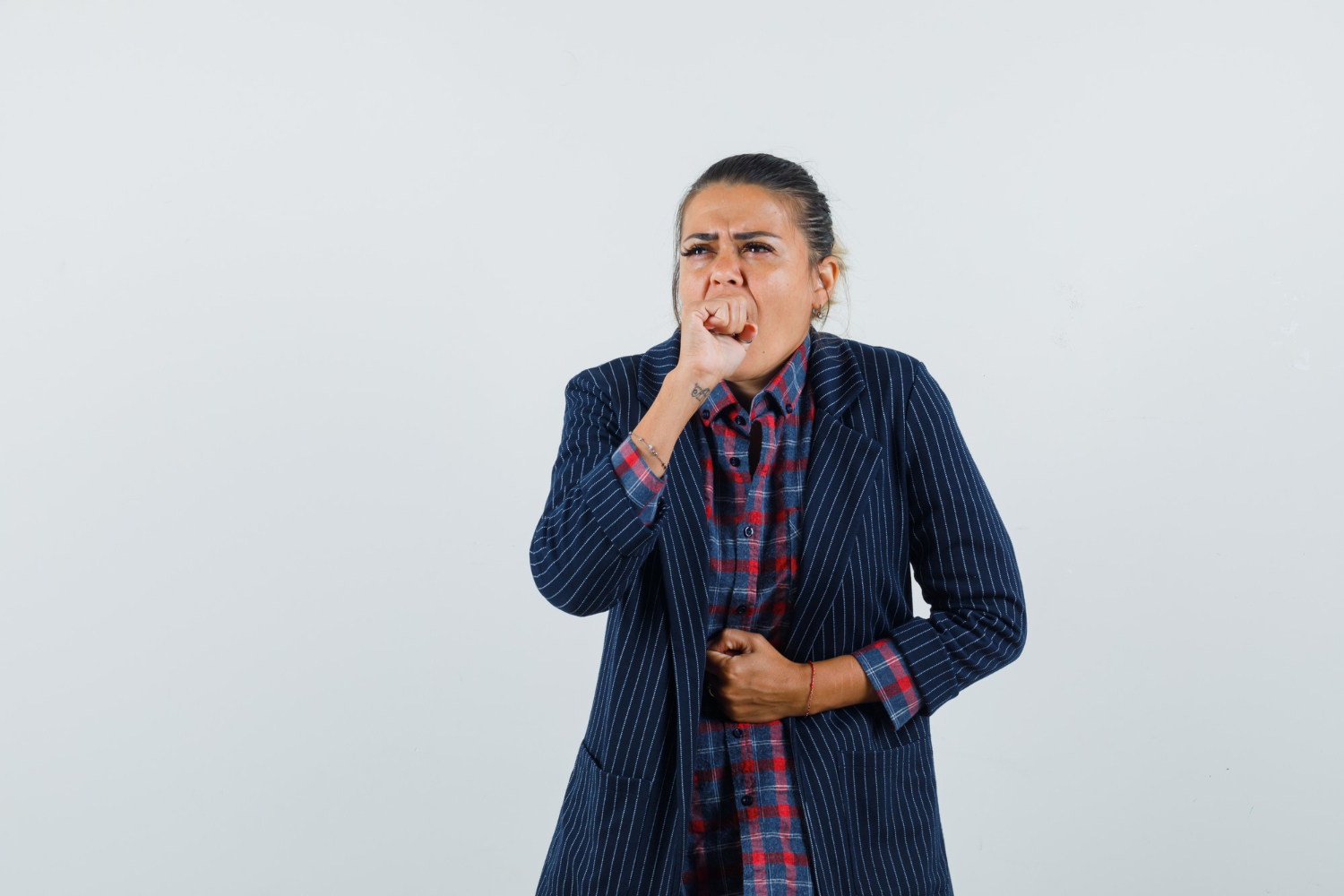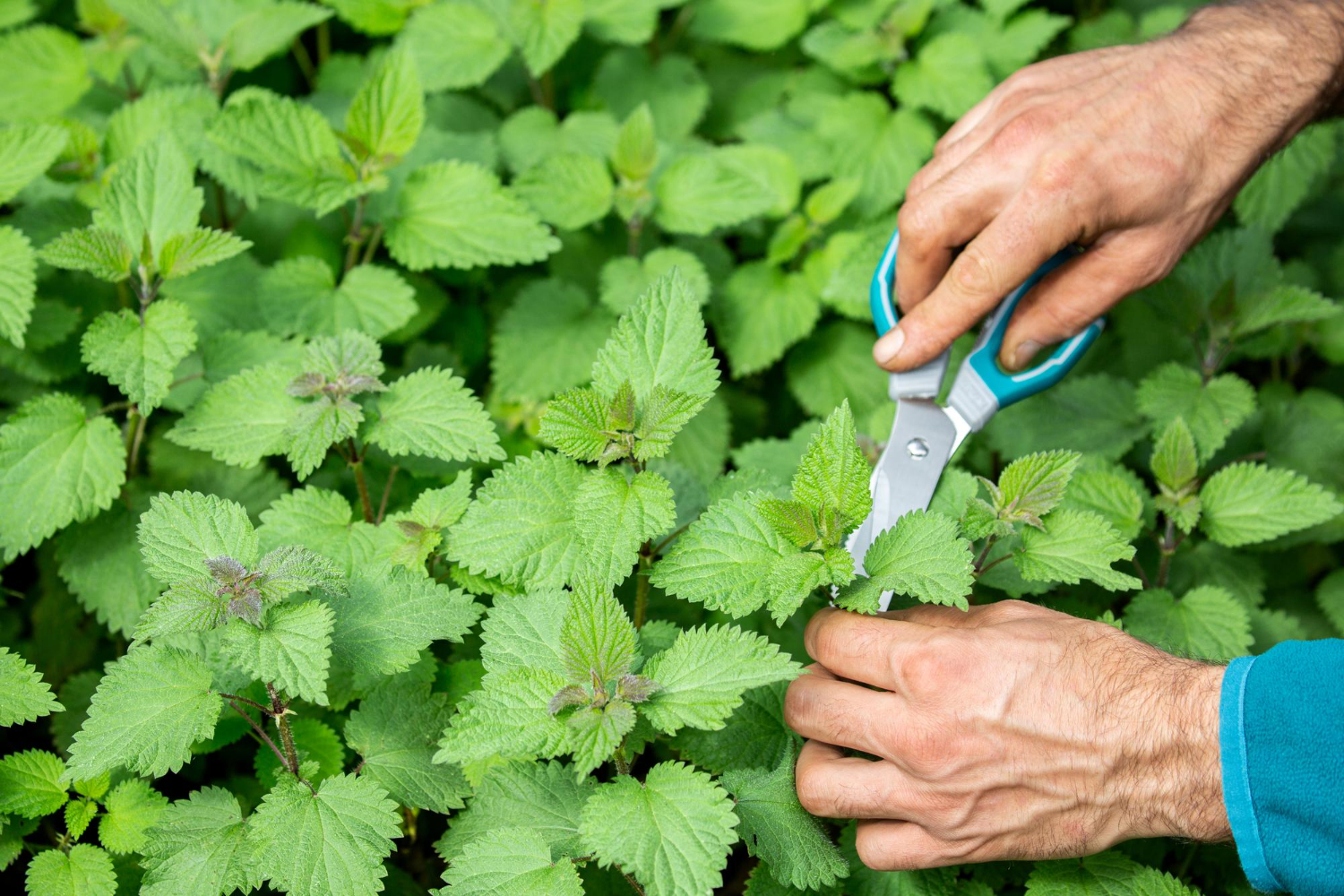Belching, also known as burping, is a natural and common bodily function that occurs when air is expelled from the stomach or esophagus through the mouth. While occasional belching after consuming food or drinks is perfectly normal, excessive belching can become inconvenient, embarrassing, and even indicative of underlying health issues.
If you’ve been struggling to manage continuous burping that disrupts your daily life, this guide is here to help. We’ll explore the causes of excessive belching and provide practical solutions to reduce and prevent frequent burping.
What is Belching and Why Does It Happen?
Belching is simply your body’s way of eliminating excess air from your upper digestive tract. When we eat, drink, or even breathe, we tend to swallow small amounts of air. This air builds up in the esophagus and is expelled as burps. The sound of a belch is caused by the vibration of the upper esophagus as the air exits.
Here are some common causes of belching:
- Eating or Drinking Quickly: Swallowing air alongside food and beverages leads to belching.
- Carbonated Beverages: Drinks like soda and beer release carbon dioxide, which can cause bloating and burping.
- Chewing Gum or Using Straws: These actions introduce excess air into the digestive system.
- Aerophagia (Swallowing Air): Some people unknowingly swallow air when stressed or as a habit.
While most burping is harmless, excessive belching might suggest an underlying problem.
What Causes Excessive Belching?
1. Dietary Triggers
Certain foods and beverages are notorious for producing additional gas or contributing to belching. Examples include:
- Gas-Producing Foods such as beans, lentils, cabbage, onions, broccoli, and carbonated drinks.
- Fatty Foods that slow digestion, increasing the opportunity for gas to build up.
- Sugar Substitutes like sorbitol and mannitol, found in sugar-free gums and candies, which can cause bloating.
2. Lifestyle Habits
Daily habits also play a role in excessive belching. Consider:
- Eating too fast or talking while eating.
- Using straws or chewing gum regularly.
- Habits like smoking and improper fitting dentures.
3. Underlying Medical Conditions
Certain health conditions can lead to chronic burping:
- Gastroesophageal Reflux Disease (GERD) – Acid reflux may lead to frequent swallowing and burping.
- Helicobacter pylori Infection – This bacteria, which causes stomach ulcers, often contributes to burping.
- Lactose Intolerance – The inability to digest lactose can result in excess gas.
- Irritable Bowel Syndrome (IBS) – This condition can cause abdominal gas and frequent belching.
How to Relieve Excessive Belching – A Step-by-Step Guide
1. Adjust Your Eating Habits
Simple changes in how you eat can prevent swallowing air and reduce burping:
- Eat Slowly: Chewing food thoroughly decreases the chance of swallowing excess air.
- Avoid Talking While Eating: Focus on your meal to prevent unnecessary air intake.
- Take Smaller Portions: Overeating increases air buildup in the stomach.
2. Change Your Diet
Modifying your diet helps eliminate trigger foods from your routine:
- Avoid Carbonated Drinks like soda and sparkling water.
- Identify Food Triggers by eliminating gas-inducing foods like beans, onions, and broccoli one at a time.
- Introduce Digestive-Friendly Items such as ginger and fermented foods to support gut health.
3. Hydrate Thoughtfully
How you drink can also impact burping:
- Skip the Straw to avoid swallowing air.
- Drink Herbal Teas like ginger and chamomile post-meal for their soothing effects on digestion.
- Avoid gulping beverages too quickly.
4. Break Unhelpful Habits
Some lifestyle changes can significantly reduce excessive belching:
- Quit Smoking to avoid both air-swallowing and further digestive irritation.
- Avoid Chewing Gum or Hard Candies, as these lead to frequent swallowing.
- If you wear dentures, ensure they fit properly to prevent ingesting air while chewing.
5. Use Natural Remedies
Several natural solutions can work wonders in relieving gas and preventing excessive burping:
- Ginger Tea is known to reduce gastrointestinal irritation.
- Fennel Seeds After Meals can aid digestion and combat bloating.
- Peppermint Oil Capsules are great for relaxing the digestive tract.
- A simple post-meal walk can stimulate digestion and reduce gas buildup.
6. Consider Over-the-Counter (OTC) Solutions
Sometimes, OTC medications can help reduce belching:
- Antacids like Pepto-Bismol help neutralize stomach acid and relieve mild heartburn-related burping.
- Simethicone-Based Products (e.g., Gas-X) can reduce gas and bloating.
- Lactase Supplements can help those with lactose intolerance digest dairy more comfortably.
Long-Term Preventative Measures
Healthy Lifestyle Changes
Developing a healthier lifestyle can help prevent belching over the long term:
- Reduce Stress with activities like yoga, meditation, or diaphragmatic breathing.
- Wear Comfortable Clothing that doesn’t compress your abdomen during meals.
- Focus on Good Posture While Eating, as slouching can interfere with digestion.
Cognitive Behavioral Therapy (CBT) for Chronic Burping
For persistent cases of excessive belching caused by aerophagia or stress, therapy options like CBT or diaphragmatic breathing exercises can effectively manage the condition.
When to See a Doctor
Occasional burping is usually harmless, but certain symptoms may indicate a more serious health condition. You should seek medical advice if you experience:
- Persistent abdominal pain.
- Significant weight loss without explanation.
- Severe diarrhea or visible blood in stools.
- Difficult or painful swallowing.
Consulting a healthcare professional can help rule out conditions such as GERD, ulcers, or infections like H. pylori.
Finding Relief and Taking Control
Excessive belching can be uncomfortable and inconvenient, but the good news is that most cases are manageable with simple adjustments to your diet, habits, and lifestyle. By following these practical tips, you can relieve belching effectively and even prevent it from recurring.
If your excessive burping persists despite trying these solutions or is accompanied by troubling symptoms, don’t hesitate to seek medical advice. Your health is important, and taking proactive steps can make all the difference in your comfort and well-being. Have other tips for reducing belching? Share them in the comments below!
FAQs
What can I take for uncontrollable belching?
Over-the-counter solutions like simethicone-based products (Gas-X) or natural remedies like peppermint tea can help relieve excessive burping.
What are the causes of excessive belching?
Common causes include dietary habits, lifestyle factors (gulping air or smoking), and medical conditions such as GERD or H. pylori infections.
What can I drink to stop excessive burping?
Herbal teas like ginger tea, chamomile, or fennel tea are excellent options for reducing gas and soothing the digestive system.
What relieves gas and belching?
Changing eating habits, avoiding trigger foods, using natural remedies, and staying physically active are effective ways to manage gas and burping.
















